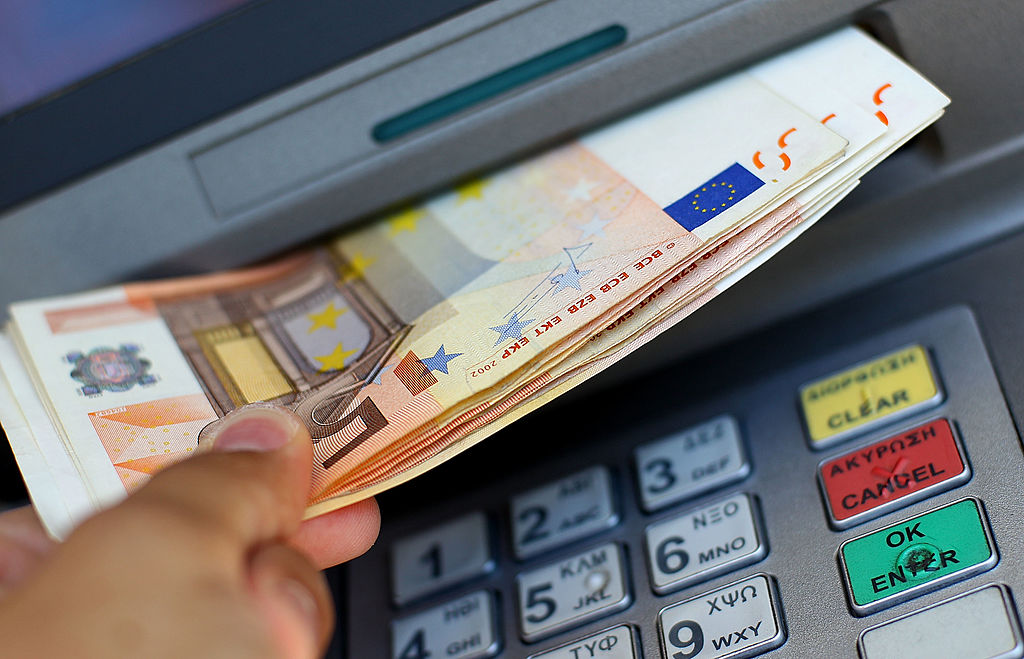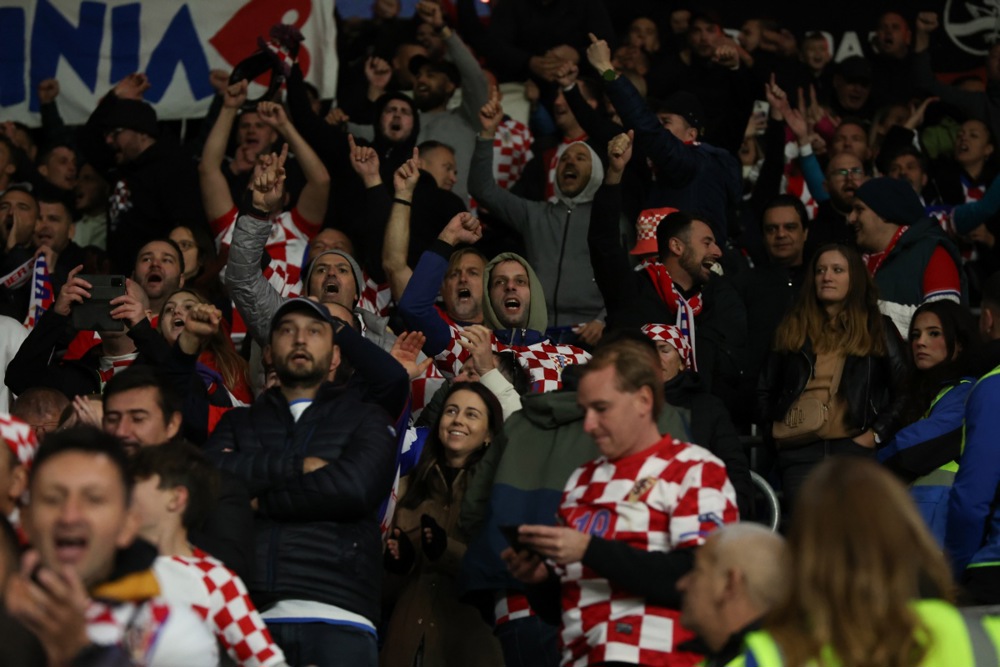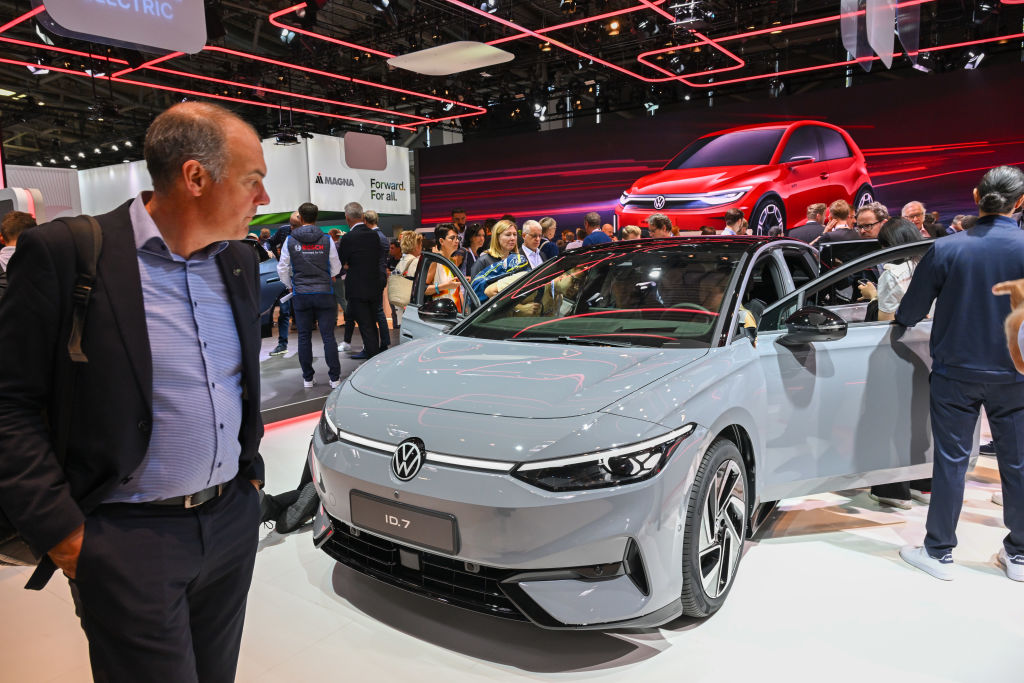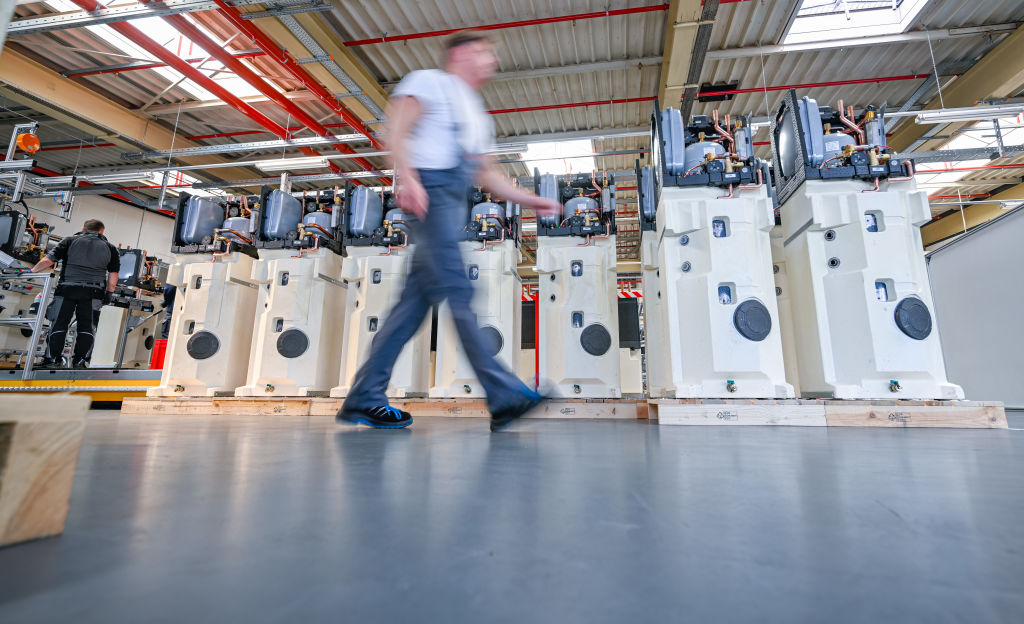The November 19 victory of flamboyant outsider Javier Milei in Argentina’s presidential elections will cheer Europe’s right-wing parties and pull Argentina away from China’s influence, it is claimed.
Milei’s win also distances his country from the Mercosur trade bloc of Argentina, Brazil, Paraguay, and Uruguay, even as the European Union hovers on the point of signing a trade deal with it.
A self-proclaimed “anarcho-capitalist” whose chainsaw-wielding campaign appearances fascinated European audiences, Milei’s victory reflects anger at a deep economic crisis which has 40 per cent of Argentines now living in poverty.
In response he has promised to combat soaring inflation by replacing Argentina’s peso with the US dollar and slashing bureaucracy by shutting government departments.
Europe’s right-of-centre politicians were quick to congratulate Milei, a proponent of “Thatcherite”-style economics, who also sees himself as a culture warrior.
Argentina has chosen “a path of future and hope”, posted Santiago Abascal, leader of Spain’s right-wing Vox party, among the first to congratulate Milei on social media.
Hungary’s President Katalin Novák added: “From Hungary I wish you strength and perseverance to work for Argentina and for freedom.”
Other congratulations poured in from Italy’s Deputy Prime Minister Matteo Salvini, leader of the right-wing League, and André Ventura, founder of Portugal’s right-wing Chega party.
Milei’s surprise 12-point second-round victory over left-wing Sergio Massa “definitely pulls Argentina away from the BRICS and China’s influence”, said Michael Polak, a human rights barrister who has had recent cases in Argentina.
The country had been approved for membership in August in the BRICS group, whose members also include Brazil, Russia, India, and China. Milei has sharply criticised the organisation and China in particular
“There is rumour in Argentina that the last government allowed the Chinese to build a naval base in the South,” Polak said. China has long sought Argentina’s permission to build an Antarctic enclave in Ushuaia, near Argentina’s southern tip.
Relations with Beijing are likely to be somewhat less cosy under Milei, who has called China a global “assassin”.
While Argentina’s shift out of China’s orbit will gladden hearts in Brussels, Milei is also threatening to withdraw Argentina from the Mercosur bloc even as the EU draws near the last stages of signing-off on the trade agreement.
The EU-Mercosur deal is a “low-quality customs union that leads to trade diversion and harms each of its members”, he said.
There are some “points of convergence” between his economic plan and the EU, including economic openness, energy reform and investment promotion, said Martin Morales, a Latin American politics analyst in Washington.
In addition, finance professor Diana Mondino, recently elected as an MP for Buenos Aires, “sounds strong as the next Chancellor and she is a rational person”, he added.
Milei’s first challenge will be dealing with the potential shift from the peso to the dollar.
The move “has sparked concerns about Argentina’s bilateral currency swap line with China”, according to Geraldine Monchau-Richard, a Swiss financial services manager.
“And at this time, Europe, as always, will be America’s follower,” she added.
Ecuador, Panama and El Salvador have pursued dollarisation to rein in inflation, pointed out Rashmee Roshan Lall, a journalist who has followed Milei.
Given China’s membership, the BRICS group is “prone to regard de-dollarisation as a generally good thing”, she said.
Donna McLean, a Scottish writer who has also followed Milei closely, said: “The far-right in Europe will also be buoyed by this.”
His “small majority will mean some reins on his craziest proposals”, she predicted. These include, in theory at least, buying and selling human organs and “blowing up” the country’s central bank, she said.
Louise Raw, a historian based in London, said Milei “stands for a very un-European smörgåsbord of extreme views”, among them climate change scepticism, eliminating gun laws and banning demonstrations.
“He’s most definitely Trump not Merkel,” she said.





